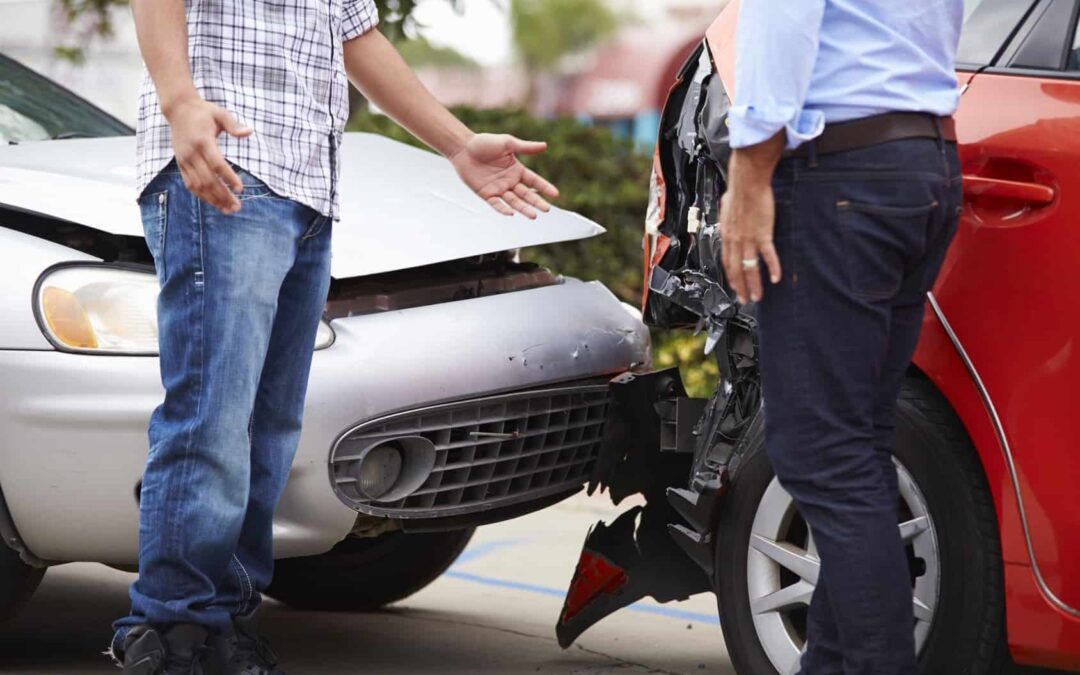- 7. Negotiate with Insurance Companies:
A car accident can disrupt your life in many ways, and one of the most immediate concerns is often the loss of income due to injury. When you’re unable to work, it can be a daunting challenge to cover your bills and expenses. Fortunately, there are avenues to help you recover lost wages after a car accident. In this blog, we will guide you through the process, from understanding the types of compensation available to practical steps to maximize your recovery.
Understanding Lost Wages
Lost wages refer to the income you would have earned had you not been involved in the car accident. This includes:
1. Wages:
Your regular salary or hourly wages.
2. Bonuses and Overtime:
Any additional income you might have earned during the period you were unable to work.
3. Sick Leave and Paid Time Off (PTO):
The value of paid time off or sick leave used during your recovery.
4. Self-Employed Earnings:
If you’re self-employed, your business income that was lost due to the accident.
5. Benefits and Perks:
Lost benefits like health insurance, retirement contributions, or other perks provided by your employer.
Future Earning Capacity:
In cases of severe or permanent injuries, the loss of your ability to earn income in the future may also be considered.
Recovering Lost Wages
1. Report the Accident:
The first step is to report the accident to the relevant authorities and your insurance company. Be sure to document all details, including the other driver’s information, witnesses, and the accident scene.
2. Medical Attention:
Seek medical attention immediately. Your health and well-being are the top priority. Keep detailed records of your medical treatment, as these records will be crucial for your claim.
3. Contact an Attorney:
If the accident was not your fault or if the responsible party’s insurance company is not offering fair compensation, consider consulting with an experienced personal injury attorney. They can guide you through the legal process and ensure you receive the maximum compensation possible.
4. File a Claim:
Notify your own insurance company about the accident and your injuries. Depending on the state you live in, your own insurance may provide some coverage for lost wages. Your attorney can help you navigate this process.
5. Documentation:
Keep thorough records of all expenses related to your injury, including medical bills, prescription costs, and any other out-of-pocket expenses. This documentation will strengthen your case.
6. Collect Evidence:
If the accident was someone else’s fault, gather evidence that proves their liability. This may include witness statements, photos of the accident scene, and accident reports.
7. Negotiate with Insurance Companies:
Work with your attorney to negotiate a fair settlement with the at-fault party’s insurance company. This may involve providing evidence of your lost wages and other expenses.
8. File a Lawsuit:
If negotiations fail, you may need to file a lawsuit against the at-fault party to recover your lost wages. Your attorney will guide you through this process.
9. Keep Detailed Records:
Throughout the entire process, maintain detailed records of your losses, correspondence with insurance companies, medical records, and any expenses related to the accident. These records will be vital during negotiations or in court.
10. Seek Mediation or Arbitration:
In some cases, alternative dispute resolution methods like mediation or arbitration may be used to settle your claim without going to trial.
Recovering lost wages after a car accident is possible, but it often requires a systematic approach and sometimes legal assistance. It’s crucial to understand the types of compensation available and to keep detailed records of your losses. With the right guidance, you can navigate the process and secure the financial support you need to get your life back on track after a car accident. Your health and financial well-being should be the top priorities, so don’t hesitate to seek the assistance of a qualified personal injury attorney to help you through the process.







